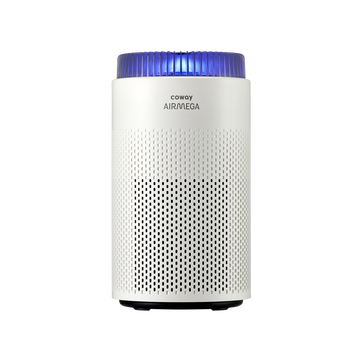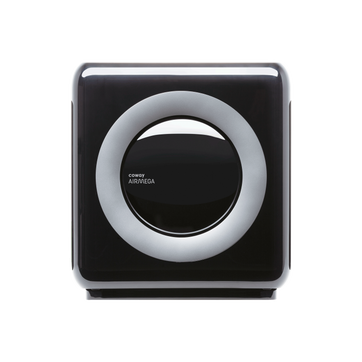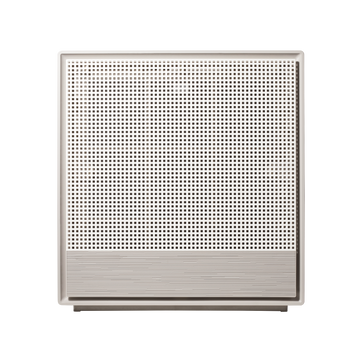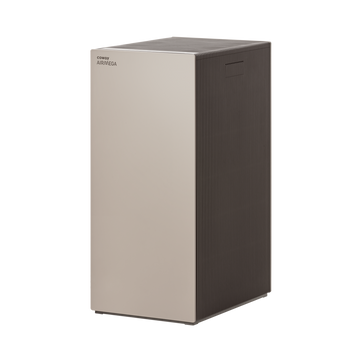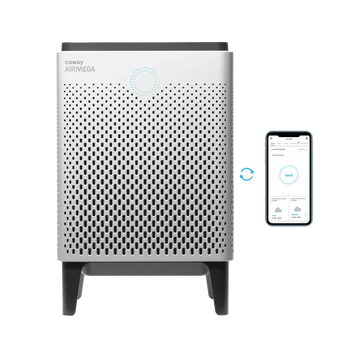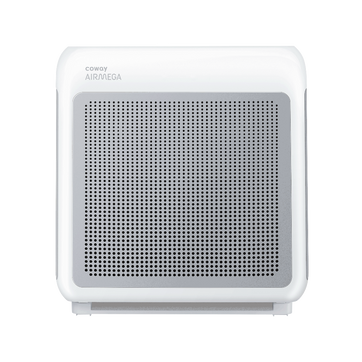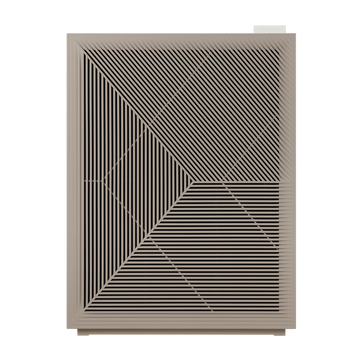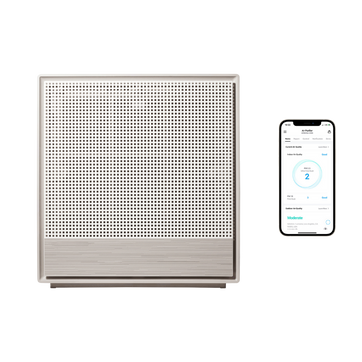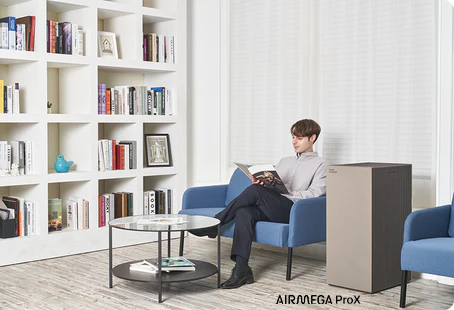
ICYMI: What we learned about air in June
Sometimes it seems that just about anything can impact the air we breathe. In June, for instance, we added pizza and soccer (of all things) to the list. Here’s what we learned about air quality this month.
Birdhouse for Good
A Dutch designer has created a birdhouse that measures nitrogen dioxide and provides free Wi-FI — sometimes. When pollution levels are low, LEDs on the device, called TreeWifi, glow green to indicate that Wi-Fi is available. If NO2 concentrations spike, however, the birdhouse glows red, and Wi-Fi shuts down. The goal of the project, its founder tells City Lab, is to incentivize biking and public transportation and to give residents easy access to air-quality information.
Grand Plan
A plan to halve worldwide air pollution by 2040 could prevent more than three million premature deaths, a new report by the International Energy Agency claims. Specifically, the report calls on governments to provide clean cooking facilities and establish emissions controls for power and energy companies. It also encourages factories to strive for greater energy efficiency and for automakers to adopt fuel-switching policies.
Cookin’ Up Bad Air
Last year, an Italian town temporarily banned wood-fire pizza ovens to cut down on particulate matter. Pizza cookery is under fire once again, this time in São Paulo, Brazil, home to a remarkable 8,000 pizza parlors. Unlike factory smokestacks, which tend to release pollutants higher in the air, pizzeria chimneys are closer to the ground and, thus, human airways. São Paulo’s pizza parlors, a new paper says, burn nearly 370,000 tons of wood each year, enough to negate the air-quality improvements generated by the city’s switch to biofuels in its fleet vehicles.
Working Stiff
This month, a new study quantified indoor air pollution’s effect on our productivity. According to researchers, call center employees in China handled 0.35 percent fewer calls for every 10-unit increase in air pollution, The Washington Post reports. While 0.35 percent might not seem like a sizeable drop, it translates to billions of dollars in lost productivity when spread across China’s sprawling service sector.
Kickin’ Around
We love major sporting events like the Olympics, but new data says they might be producing excessive amounts of unhealthy air. During this month’s Copa America soccer tournament, Santiago, Chile recorded spikes in air pollution on days when the country played a match, The New York Times reports. Officials believe the uptick is due to game-day increases in barbecues, wood-burning for cooking, and traffic.
Disclaimers
1Coway air purifiers have been proven to trap dust, pollen, dander, viruses and bacteria in the air based on KCL (Korea Conformity Laboratories) testing.They have been tested in a 30㎥ size chamber according to the Korea Air Cleaning Association standard (SPS-KACA 002-132:2022 Modified) to measure the 0.01㎛ size of particle removal rate. It was tested on maximum airflow speed in normal room temperature and humidity conditions. The performance may vary in the actual living environment of customers.
→ Tested with Airmega Aim, 50, 100, 150, 160, Tower AP-1216L, Mighty AP-1512HH, MightyS AP-1512HHS, 200M, Icon, IconS, 230, 240, 250, 250 Art, 250S, 300, 300S, 350, 400, 400S, 450, ProX
299.97% of viruses, bacteria, fungi and pollen were verified to be removed from the air for Coway air purifiers which have Green True HEPA™ filter applied based on the Japan Food Research Laboratories(JFRL) testing according to JEM 1467 standard.
→ Tested with Coway Airmega Mighty AP-1512HH, MightyS AP-1512HHS, 250, 250 Art, 250S, 300, 300S, 400, 400S
→ All tested by JFRL and received above result within below time.
4The concentration of ammonia, acetaldehyde and acetic acid were proven to be removed within 30 minutes by FCG Research Institute, Inc. Human Life Science Lab. It is not a demonstration result in the actual use space. Not all odors and gases may be supported. → Tested with Coway Airmega 150, 160, Mighty AP-1512HH, MightyS AP-1512HHS, 400, 400S
5The coverage area of the air purifier is based on an area where the air cleaner can make two air changes per hour (ACPH). An air change per hour translates to how many times an air purifier can clean an area, assuming the height of a ceiling to be 8 ft, in one hour. Therefore ** means two air changes per hour means that the cleaner can clean the area once every 30 minutes and * means air changes per hour means that the air purifier can clean the area once every 60 minutes.
10Terms and conditions apply. Discounts, including promotions, coupons, bundle discount and subscription discount, cannot be stacked on top of other coupons. During promotional periods, discount codes will not be able to be applied to orders. Promo codes may apply to products only—filters, accessories, and new products within 3 months of the release date are not included.
11Based on Coway R&D internal laboratory testing, activated carbon filtration was shown to remove up to 95% of ammonia odors within 40 minutes, and up to 99% of fecal odors within 20 minutes. Actual performance may vary depending on usage conditions.
